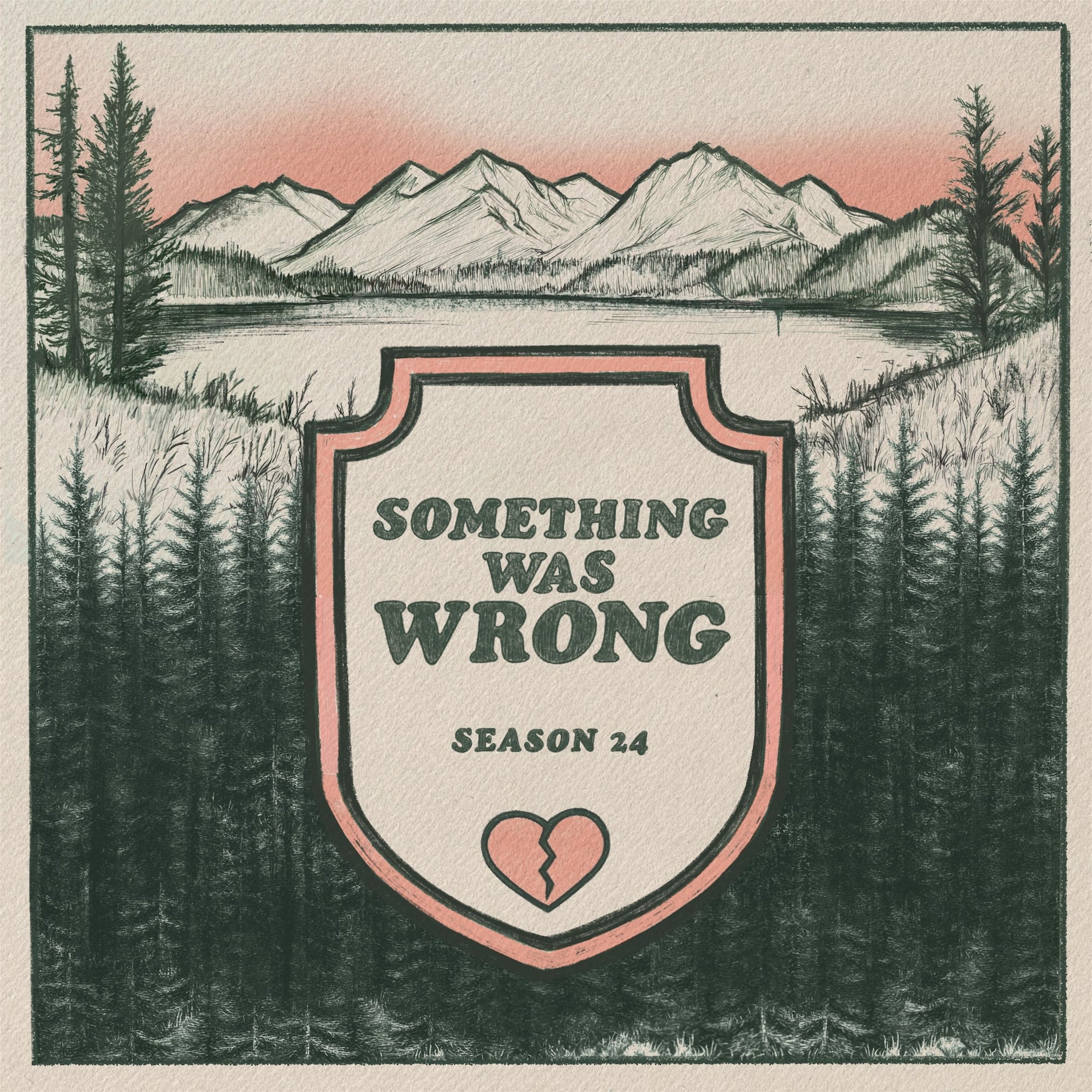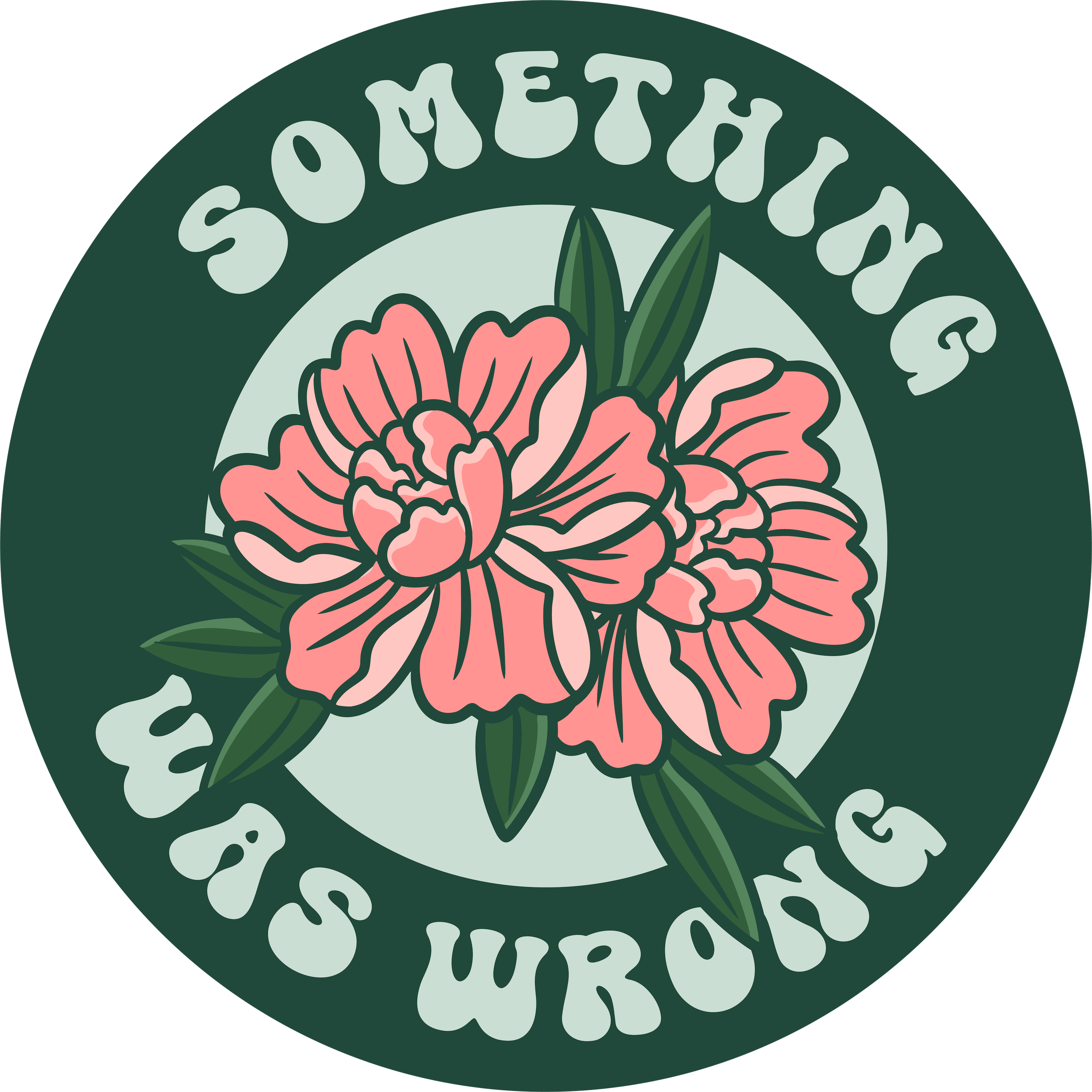(3/3) WCN Presents: [J.E.] S6 Updates
*Content warning: gun violence, stalking, emotional, mental, and psychological abuse, violent threats, criminal threats, hate crimes, racism, antisemitism, transphobia, and homophobia.
J.E. Reich is a journalist, editor, survivor, and victim advocate. They shared their story on Something Was Wrong season 6, episodes 5 and 6, which aired on December 6th and December 13th of 2020. The episodes discuss the impact of the devastating 2018 shooting at The Tree of Life synagogue in Pittsburgh, Pennsylvania, and the impact the hate crime had on J.E.’s community. The three episodes also bring awareness to the related, horrific stalking J.E. and their family would be subjected to in the years following. However, at the time of the episodes’ release, J.E. and their family had received no justice for the unending harassment and death threats ‘The Caller’ executed over those years. The Broken Cycle Media team is extremely grateful J.E. was willing to return today to share more of their journey to seek justice, and about the start of their consequent healing process.
Something Was Wrong Season 6 E5, Massacre at the Tree of Life Synagogue | JE:
Something Was Wrong Season 6 E6, Panic Attack City | JE:
https://wondery.com/shows/something-was-wrong/episode/10716-panic-attack-city-je/
J.E.'s Instagram: http://www.instagram.com/jereichwrites
For more resources and a list of related non-profit organizations, please visit http://somethingwaswrong.com/resources
See Privacy Policy at https://art19.com/privacy and California Privacy Notice at https://art19.com/privacy#do-not-sell-my-info.
Press play and read along
Transcript
Transcript is processing—check back soon.
![Episode art: (3/3) WCN Presents: [J.E.] S6 Updates](https://audioboom.com/i/42814563.jpg)

